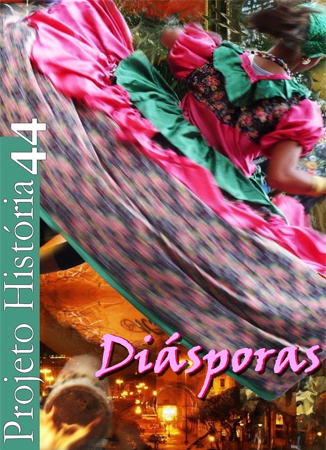To Reduction of otherness consecration of the difference: the black brotherhoods in Portugal (XVIs and XVIIIs Centuries)
Keywords:
Portugal, Black Brotherhoods, IdentitiesAbstract
With few studies devoted to or considered as proof of the christian humanism that would have characterized the black slavery in central cities, the black brotherhoods are one of the best analyzers of slavery relations and its development in Portugal during the second half of the fifteenth century and the first decades of the nineteenth century.In Lisbon and at the provinces the brotherhoods number, location, specific character (mixed, "black", "nation" or castes), their relations with other confraternities, the privileges that they get or don't in the name of freedoms, the ideological vacillation of real and religious power to their respect, the diversity of status of its members, reflect the contradictory dynamics of an institution that want to include their members in a national and spiritual community. However, they take part to the social identity consecration in a difference of nature, whose the clause application of blood cleaning to the blacks and their descendants expresses the synthesis. Legally included, as well as the Jews, the Moors and the Indians, among the nations lately converted and the “infected or voted down nations", until the prohibition of the blood purity clause in 1773, the black slaves or the made free, as well as their free and mestizos descendants, remain socially marked by the dual stigma of status and phenotype.Metrics
Metrics Loading ...
Downloads
Published
2013-01-14
How to Cite
Lahon, D. (2013). To Reduction of otherness consecration of the difference: the black brotherhoods in Portugal (XVIs and XVIIIs Centuries). Projeto História : Revista Do Programa De Estudos Pós-Graduados De História, 44. Retrieved from https://revistas.pucsp.br/index.php/revph/article/view/6002
Issue
Section
Artigos
License
Copyright (c) 2014 Projeto História : Revista do Programa de Estudos Pós-Graduados de História

This work is licensed under a Creative Commons Attribution 4.0 International License.

Este obra está licenciado com uma Licença Creative Commons Atribuição 4.0 Internacional.




